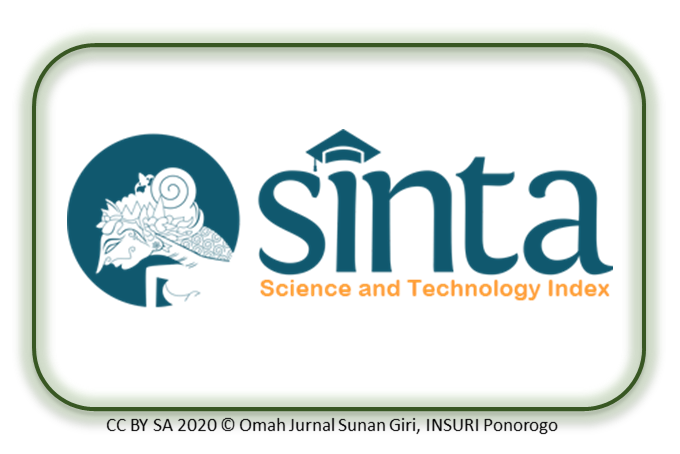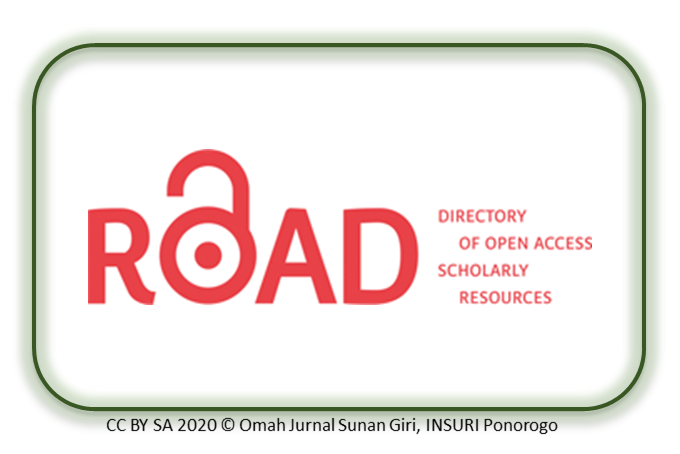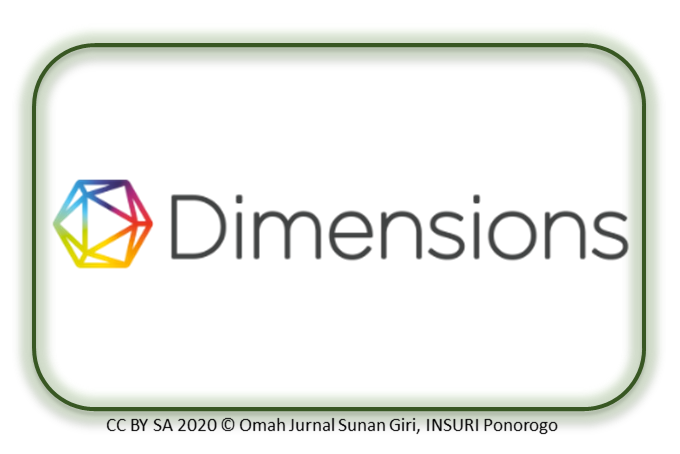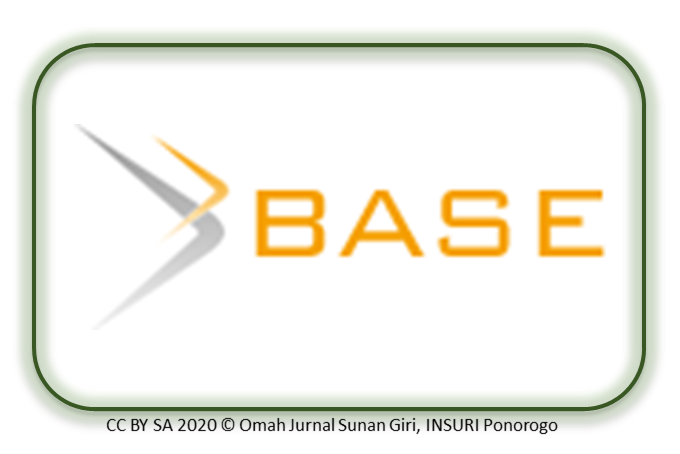Studi Pemikiran Hasbi Ash-Shiddieqy Tentang Hukum Bersenggama dengan Istri Yang Istihadhah dalam Perspektif Hukum Islam dan Medis
Abstract
This study examines the law of intercourse with a wife who experiences istihadhah (metrorrhagia) from the perspective of Hasbi Ash-Shiddieqy's thought, which is integrated with a medical perspective. This issue becomes relevant because there is a gap between the majority view of fiqh that allows and the potential health risks caused. This literature research uses a qualitative-normative approach by analyzing the works of Hasbi Ash-Shiddieqy and related medical literature. The data collection technique used is a documentation study, while data analysis is carried out descriptively and analytically with inductive and deductive reasoning. The results of the survey show that Hasbi Ash-Shiddieqy allows intercourse in these conditions, by adhering to the absence of explicit evidence that prohibits it and considers istihadhah blood to be different from menstrual blood. However, from a medical perspective, this practice is not recommended as it can increase the risk of infection and worsen health conditions. Based on the analysis, it was found that the consideration of maslahah daruriyat (essential benefits), especially in terms of maintaining the soul and health, is more important than the fulfillment of biological needs. This study concludes that although it is permissible to avoid intercourse in fiqh, avoiding intimate relations is a wiser choice. It is recommended for married couples to prioritize health, and for subsequent researchers to examine the rules of saddudz dzari'ah in the context of other contemporary issues.Copyright (c) 2025 Kamil Al Rasyady

This work is licensed under a Creative Commons Attribution-NonCommercial-ShareAlike 4.0 International License.
Contents on this site are licensed under Creative Commons Attribution-NonCommercial-ShareAlike 4.0 International (CC BY-NC-SA 4.0)

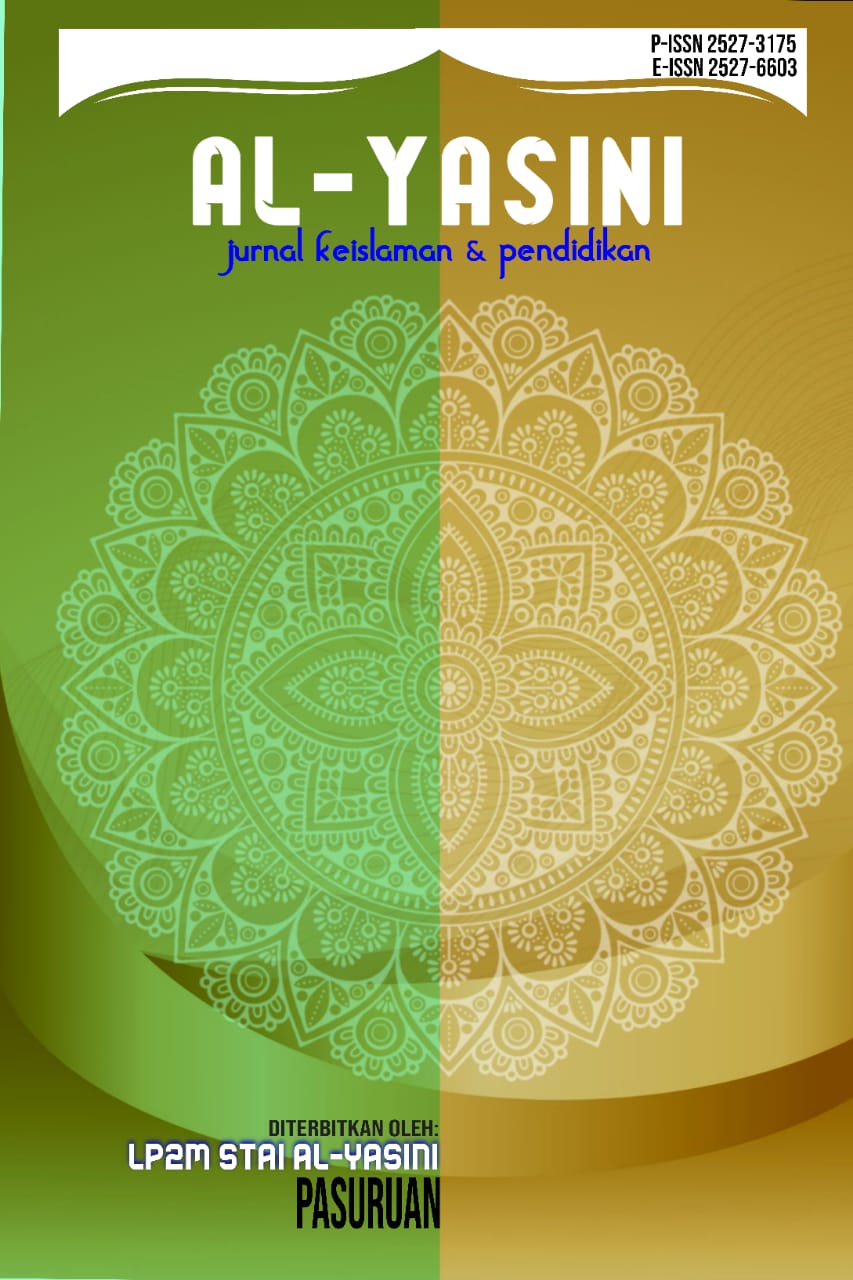

1.png)

